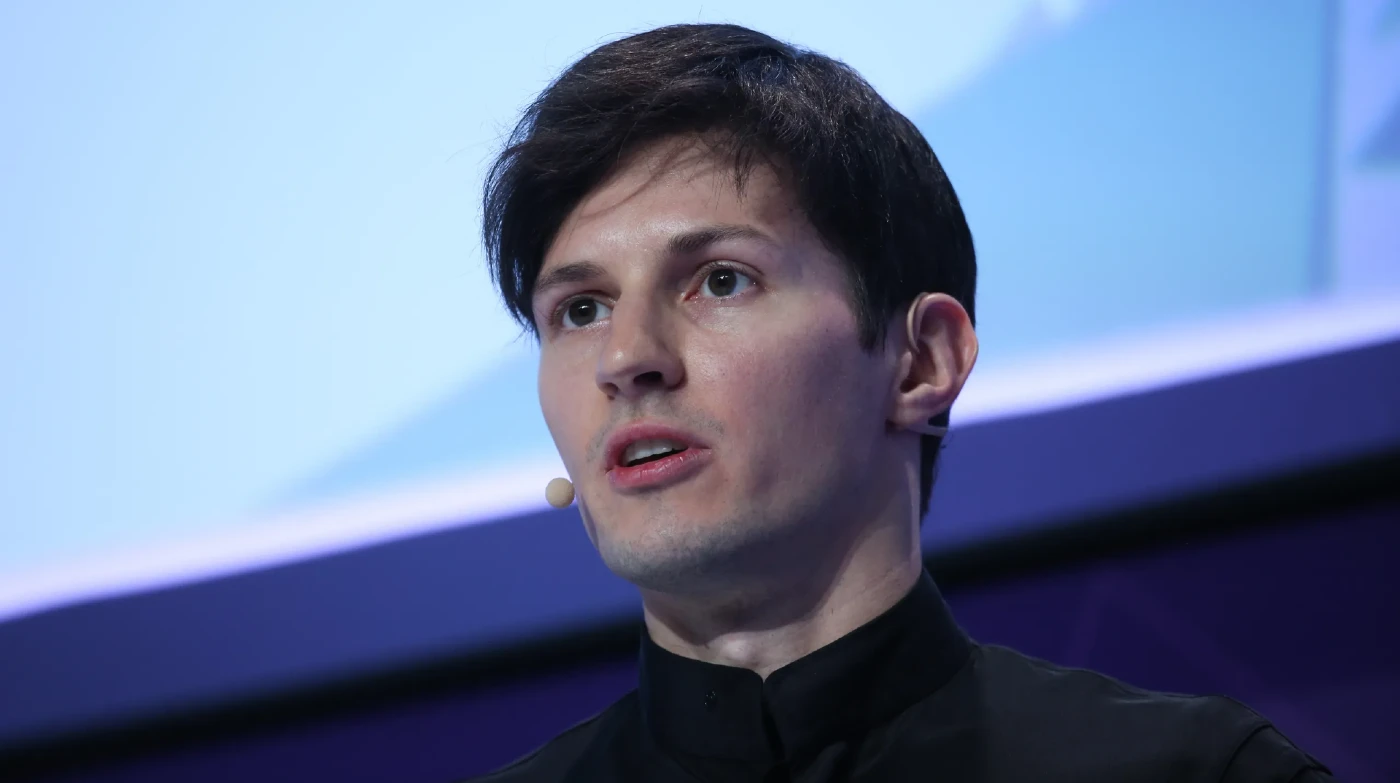Pavel Durov’s arrest raises numerous questions about Telegram’s future
Pavel Durov, the founder and CEO of Telegram, has been arrested in France. He was arrested at Le Bourget airport outside Paris shortly after landing on a private jet late on Saturday and taken into custody.
The arrest has sent ripples through the tech world and caused immediate financial repercussions. The cryptocurrency ToncoinToncoin 0.0%, which is closely associated with Telegram, saw its value drop by 13% following the announcement of Durov’s arrest.
The arrest comes as a surprise to many, given Durov’s high profile in the tech industry and Telegram’s widespread use across the globe. The reasons behind the arrest are not yet fully clear, but they have sparked intense speculation and concern among Telegram’s massive user base.
What sets Telegram apart from many other messaging apps is its focus on privacy and security. It uses encryption to protect users’ messages and has become known for its stance against censorship. This has made it popular in countries where freedom of speech is limited.
As of 2024, Telegram has approximately 900 million monthly active users. This reflects a significant increase from previous years, highlighting the platform’s growing popularity. The app has seen a consistent rise in user base, adding hundreds of millions of new users over the past few years.
Telegram’s features, such as enhanced privacy options and its flexibility in supporting multimedia messages, voice, and video calls, have contributed to its broad appeal globally. It’s particularly popular in countries like India, Russia, Ukraine, and Iran.
Telegram’s popularity soared during times of crisis. For example, after Russia’s full-scale invasion of Ukraine, Ukrainians began spending eight times more time on Telegram than before.
The app became a crucial tool for sharing news, coordinating volunteer efforts, and even warning about air raids in areas where sirens couldn’t be heard.
Following the news of Telegram Durov’s arrest, several high-profile figures voiced their support on social media platforms, in particular X (Twitter).
Notable among these were Robert F. Kennedy Jr., Elon Musk, and Rumble CEO Chris Pavlovski. Their support primarily centered around concerns for free speech and opposition to censorship. Kennedy emphasized the urgent need to protect free speech, while Musk repeatedly called for Durov’s release. Pavlovski criticized France’s actions, viewing the arrest as crossing a line in terms of censorship.
In response to the arreet, Telegram asserted its compliance with European Union regulations, including the Digital Services Act, emphasizing that its content moderation practices meet industry standards and are continuously improving.
The company maintains that its CEO, Pavel Durov, has no reason to avoid European travel and does so regularly.
Telegram argues against the notion that a platform or its owner should be held accountable for user misuse of the service.
The company expresses confidence in a quick resolution to the current situation and reaffirms its commitment to its user base.



